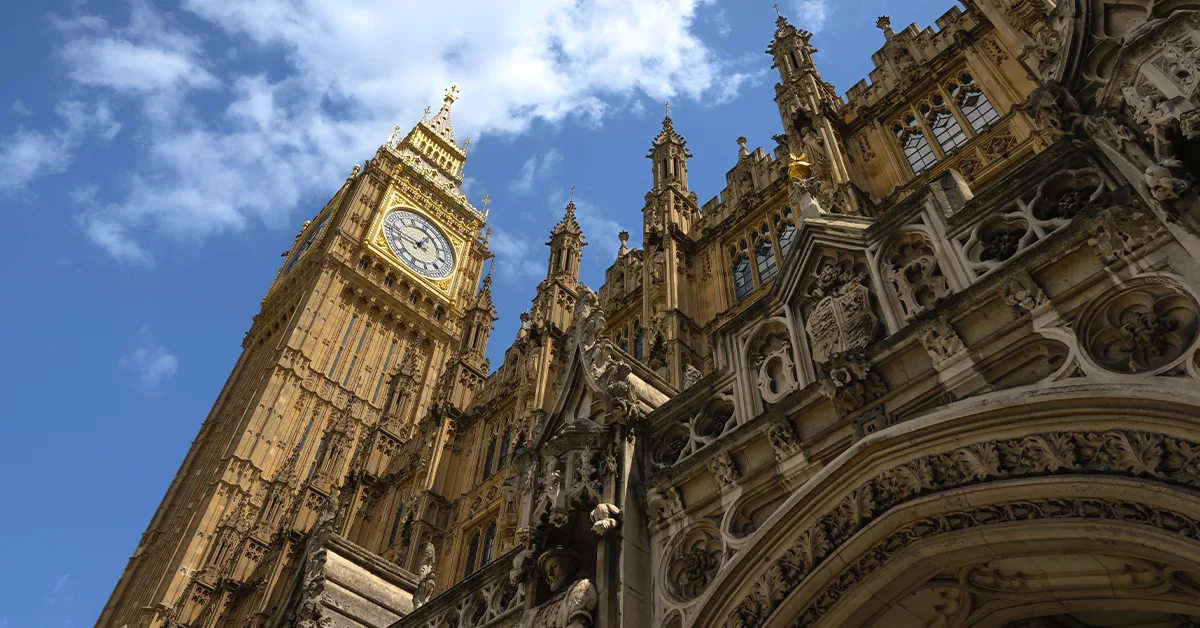
The Terminally Ill Adults (End of Life) Bill has passed its Second Reading – the Bill’s first key hurdle on its path to becoming law – with 330 votes in favour and 275 against.
This is the first time in history that the House of Commons has voted in favour of the principle of assisted dying for the terminally ill.
Andrew Copson, Chief Executive of Humanists UK, said:
‘Parliament has taken a historic first step to meet the aspirations of the public, who overwhelmingly support having choice, dignity, and compassion at the end of their lives. We welcome this and look forward to working further on the legislation.
‘As the Bill goes through further stages and detail is debated, detailed questions of eligibility, process, and safeguards obviously remain on the table, but this is a historic Bill which would give many suffering people the choice and dignity they desire and deserve.
‘The fact of the matter is that assisted dying is already happening in this country. Some are travelling to Switzerland, if they have the money and mobility to do so. Others are dying in traumatic circumstances by suicide, assisted or otherwise. Many more are suffering greatly, even while receiving the best possible care. This vote shows that MPs see the need to introduce real safeguards to our law where there are currently none.’
The result of this historic Second Reading shows that the views of MPs are becoming aligned with public opinion, which has strongly backed assisted dying for decades. with 74% of the public saying that they support a compassionate assisted dying law with strong safeguards.
The Second Reading vote is considered a crucial step in the passage of any legislation. It measures the will of the House to support the general principles of a piece of legislation – in this case, the principle of choice at the end of life. A Bill in the House of Commons must pass the Second Reading before MPs can further scrutinise the legislation or propose or debate amendments.
Introduced by Kim Leadbeater MBE, the Labour MP for Spen Valley, the Bill will allow adults who are terminally ill with six months left to live or fewer the ability assistance to end their own life, subject to safeguards and protections. The Bill will now go to a Committee Stage, before several months of line-by-line scrutiny before a final vote in the House of Commons next year.
Some MPs abstained from voting on the legislation. As assisted dying is a ‘conscience’ issue, MPs are not instructed by their parties on how or if to vote. Instead, every MP makes a personal decision.
Notes
The Assisted Dying Bill will apply to England and Wales only. A private member’s bill in Scotland by Liam McArthur MSP has been introduced in the Scottish Parliament. It differs in that terminally ill people are eligible regardless of how long they have left to live.
For further comment or information, media should contact Nathan Stilwell at nathan@humanists.uk or phone 07456200033.
If you have been affected by the current assisted dying legislation, and want to use your story to support a change in the law, please email campaigns@humanists.uk.
Media can use the following press images and videos, as long as they are attributed to ‘Humanists UK’.
Humanists defend the right of each individual to live by their own personal values, and the freedom to make decisions about their own life so long as this does not result in harm to others. Humanists do not share the attitudes to death and dying held by some religious believers, in particular that the manner and time of death are for a deity to decide, and that interference in the course of nature is unacceptable. We firmly uphold the right to life but we recognise that this right carries with it the right of each individual to make their own judgement about whether their life should be prolonged in the face of pointless suffering.
We recognise that any assisted dying law must contain strong safeguards, but the international evidence from countries where assisted dying is legal shows that safeguards can be effective. We also believe that the choice of assisted dying should not be considered an alternative to palliative care, but should be offered together as in many other countries.
Read six reasons we need an assisted dying law.
Read more about our analysis of the assisted dying inquiry.
Read more about our campaign to legalise assisted dying in the UK.
Humanists UK is the national charity working on behalf of non-religious people. Powered by over 120,000 members and supporters, we advance free thinking and promote humanism to create a tolerant society where rational thinking and kindness prevail. We provide ceremonies, pastoral care, education, and support services benefitting over a million people every year and our campaigns advance humanist thinking on ethical issues, human rights, and equal treatment for all.
